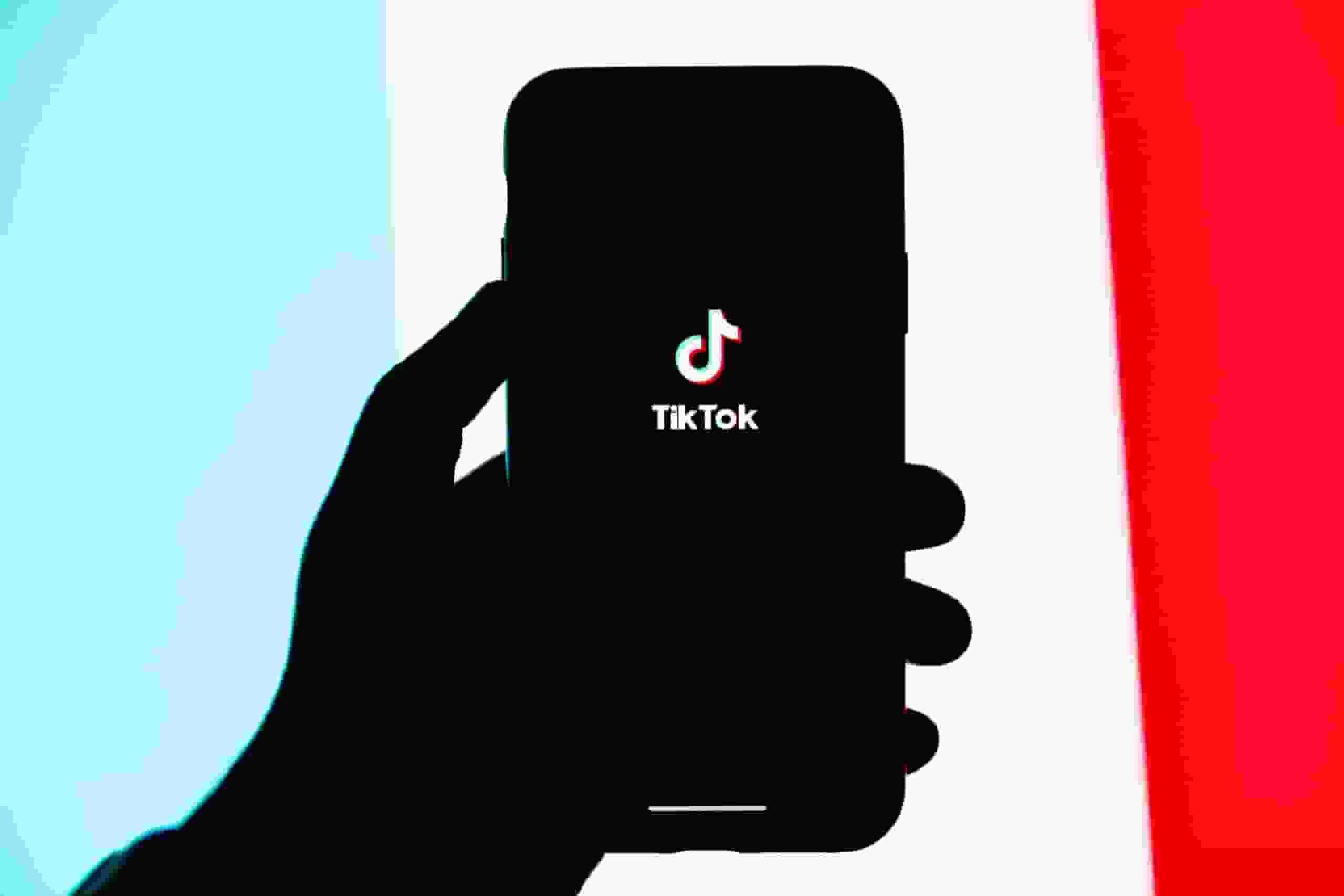
Chew Shou Zi, the CEO of TikTok from Singapore, will address lawmakers’ concerns on Thursday in front of the US House for the first time.
The short-form video app TikTok is either a place where you can see silly dances and makeup instructions, depending on who you ask, or it poses a major threat to US national security.
TikTok Collects User Data
Because the application is controlled by ByteDance, a Chinese firm, and China is known to want its technology companies to exchange data, its widespread appeal among Americans has geopolitical consequences beyond the mobile-phone screen.
US-owned social media platforms like YouTube, Facebook, and Instagram, analyze user data and utilize an algorithm to give more of what they seem to desire.
Yet TikTok may be the most advanced and uncannily adept at learning about your interests depending on how long you watch a video and whether you like, forward, or comment on it and send more of that to your ‘For You’ stream.
US critics worry about Chinese control of TikTok, the main distinction between it and other social media. Thus: According to Insider Intelligence, American adults will spend 56 minutes a day on TikTok this year, more than on Facebook or Instagram.
Read more: 1.5 Million Ford cars recall due to leaky brake hoses and wiper arms
American Interests

China’s government could use its control over ByteDance to use TikTok to hurt American interests through routes like:
Data collection: It learns your computer’s IP address, your geographical location, and your contact list if you allow it. In November, Republicans Marco Rubio of Florida and Mike Gallagher of Wisconsin argued that all that may be used to build profiles on millions of Individuals to blackmail them.
Espionage: Donald Trump, who was president at the time, said in a 2020 executive order that China would utilize the application data to monitor the locations of federal employees and contractors and to conduct corporate espionage.
US national security officials are worried that TikTok may attempt to influence US public opinion by strategically promoting or banning particular videos.
Two and a half years later, the Committee on Foreign Investment in the United States (CFIUS), a powerful committee that evaluates foreign investments for national security threats, is still making efforts to persuade Bytedance to sell its American TikTok operation.
On March 7, White House national security advisor Jake Sullivan said the RESTRICT Act “would increase our ability to address discrete risks posed by individual transactions, and systemic risks posed by certain classes of transactions involving countries of concern in sensitive technological sectors.”
The bill may not help app ban advocates right away. No House counterpart bill has been offered, despite bipartisan support. Some think Congress may tie it to a year-end defense measure.
Other analysts warned banning TikTok with the new legal instruments could still raise First Amendment issues.
Read more: AI technology creates new treatment for cancer patients within 30 days; How will it work?

